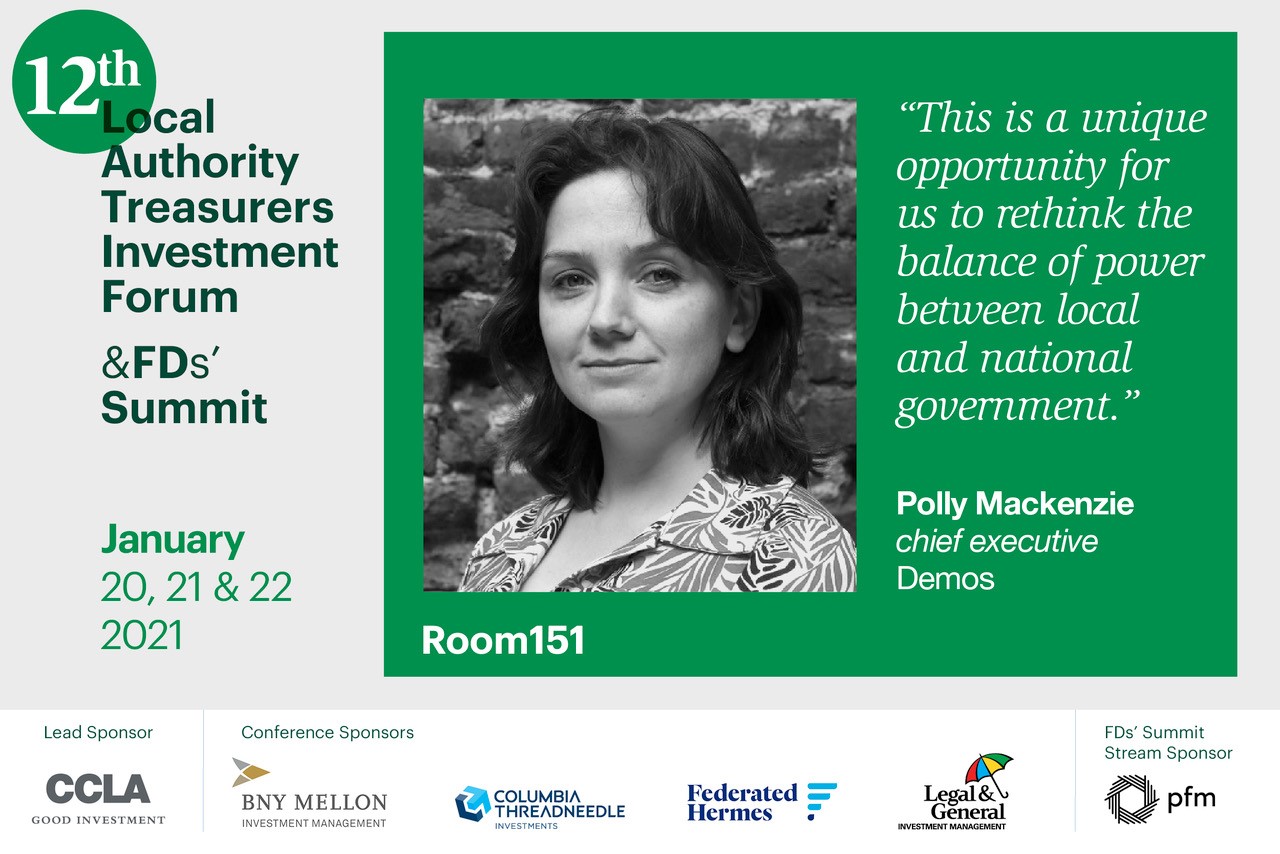
Sponsored article: James Parish examines the demands of ESG for LGPS funds.
Local government pension schemes are taking a leading role towards responsible investment. However, as the landscape is constantly evolving, these approaches need to be flexible to remain relevant.
There is no single factor driving the recent surge in interest and uptake of ESG within investment. However, regulatory change is a large contributing area, with a focus on funnelling investor capital into businesses that have strong sustainability goals.
For LGPS, the pressure to consider these factors may be more acute than for other pension boards. Being part of the public sector, which has been a first mover on many initiatives that fall under the ESG banner—recycling projects, living wage, transparent tendering—it follows that investments made by its retirement schemes would also lead the way. Indeed, the government’s commitment to achieving zero carbon by 2050 will involve schemes such as LGPS playing a leading role.
Furthermore, the new stewardship code, which came into effect in early 2020, also places additional requirements on signatories to take ESG factors, including climate change, into account. For pension schemes that have signed up, this means ensuring that investment decisions are aligned with the needs of their members.
For pension schemes of all shapes and sizes in the UK, developing a more independent approach to understanding their ESG and climate change risks is a good starting point because it facilitates stronger dialogue with their asset managers, who have their own distinct approaches to managing these risks.
So how is this taking shape in practice?
ESG and Climate Change Governance Challenges
To further develop our understanding of UK pension scheme concerns, CACEIS partnered with the Pensions and Lifetime Savings Association (PLSA) to ask PLSA members representing pension schemes across the board about their attitudes towards ESG and climate change.
More broadly, CACEIS also wanted to gauge PLSA members current thinking and how their pension schemes were looking to the future in relation to their governance considerations on ESG and climate change.
The survey also aimed to understand the areas that participants believe will be the most pertinent for pension schemes and identify areas where trustees may need further support or training. Of the survey respondents, 18% represented Local Government Pension Schemes.
ESG investing is on the rise
From our survey, it is clear that allocations to distinct ESG-based themes within pension portfolios is on the rise. 54% of respondents highlighted that they intend to increase their exposure to ESG funds over the year, and a majority (82%) state that they are focused on selecting managers that can fully integrate ESG criteria into their investment process.
Key drivers cited by our survey respondents confirm that ESG is no longer a peripheral exercise thanks to investor demand (43%), regulation (45%) and greater certainty about the link between ESG risks and financial performance (43%).
The most important aspect of the research was this: Recognising the role that pension schemes can play in improving ESG outcomes was a driver for 42% of respondents that have increased investment in this area, demonstrating the high degree of awareness of their impact as asset owners.
Headwinds remain
Our survey also highlighted a number of challenges to ESG integration and addressing climate change. Headwinds include more access to data on climate change (73%) and consequently more knowledge, with 70% of respondents saying they need more understanding of how asset managers are implementing their own ESG policies.
Only 17% of respondents cited climate change as having a high impact on their scheme’s investments. That is compared with 49% who felt it would be a moderate impact and 22% said that climate change would have a low impact on their scheme.
In fact, however, climate change risks—both physical and transitional—can potentially have a significant impact on companies depending on their industry and where their operations are based. Understanding these risks will be a big part of a scheme’s governance framework.
Developing a framework for measuring climate change risks has come at an important time. Most local government pension schemes have already begun work to align with the Task Force on Climate-related Financial Disclosures (TCFD) recommendations, placing them ahead of the recent Pensions Scheme Bill changes, which requires certain pension schemes to report on climate risks in line with the TCFD*.
So how are schemes building their ESG and Climate Change risk oversight?
Developing independent oversight
Implementing ESG and climate change policies to take into account the risks they pose is going to be a critical governance function for pension schemes going forward. It has an important role to play in protecting member outcomes.
Our survey highlighted that around 17% of schemes have a specific person or team overseeing ESG. This is principally the domain of the larger schemes.
In contrast, smaller schemes place heavy reliance on asset managers (52%) and consultants (51%)—a factor that applies across schemes of all sizes—to help with ESG assessments and monitoring.
Applying an independent perspective is critical, especially in ensuring that a scheme’s asset managers are in line with its ESG and climate change policies, whilst having the tools to monitor these risks.
With ESG and carbon data (to measure the impact on climate change risk) increasingly available, local government pension schemes have more information on which to base their decision-making than ever before.
Forming this independent perspective creates the foundations to have a robust dialogue with asset managers on how they are integrating ESG and managing climate change risks and the material impact these may, or may not have, in protecting member outcomes.
James Parish, is head of UK pensions sales, CACEIS UK.
Photo by Aaron Burden on Unsplash
FREE monthly newsletters
Subscribe to Room151 Newsletters
Monthly Online Treasury Briefing
Sign up here with a .gov.uk email address
Room151 Webinars
Visit the Room151 channel














